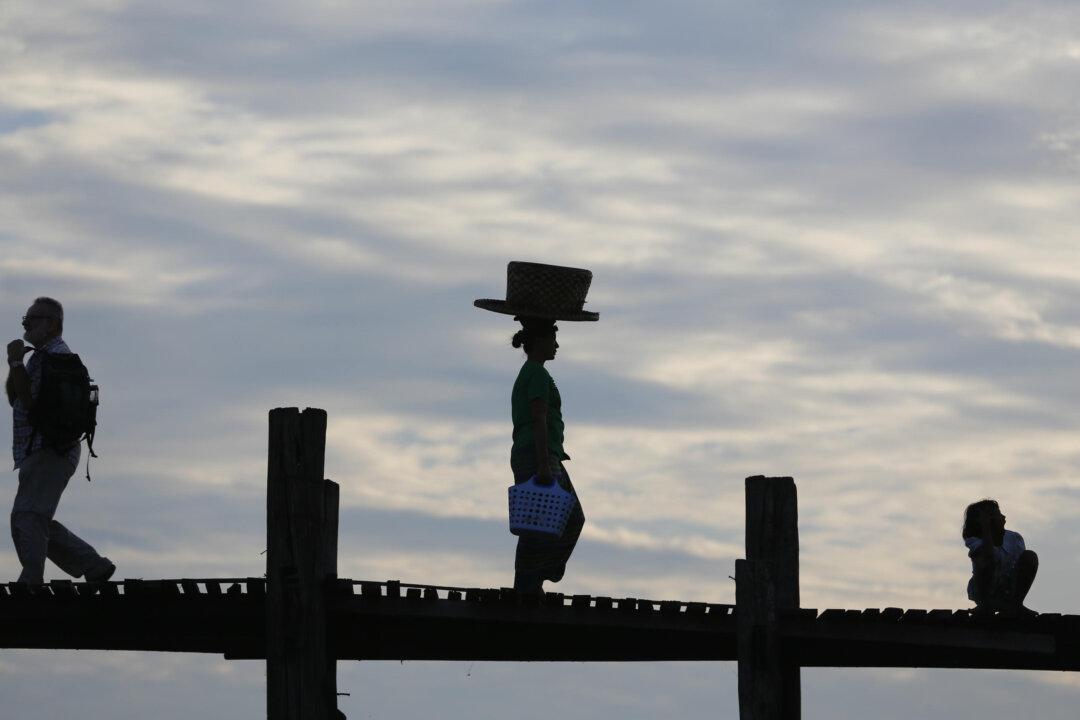YANGON, Burma/Myanmar—Burma’s military-backed ruling party appeared set Tuesday for an overwhelming electoral defeat, but a victory by Aung San Suu Kyi’s opposition National League for Democracy party would not mean the end of military involvement in the nation’s politics. Far from it.
The military, which took power in a 1962 coup and brutally suppressed several pro-democracy uprisings during its rule, gave way to a nominally civilian elected government in 2011—with strings attached.
Aside from installing retired senior officers in its proxy political party to fill Cabinet posts, the army granted itself constitutional powers that enshrine its influence over the government no matter who is elected. In a state of emergency, a special military-led body can even assume state powers. Another provision bars Suu Kyi from the presidency because her sons hold foreign citizenship.
Right now, though, the focus is on the stunning, if not yet official, victory of Suu Kyi’s party over the ruling Union Solidarity and Development Party in Sunday’s elections.
In an interview Tuesday with the BBC, Suu Kyi said her party expects to win 75 percent of the contested seats in the 664-member two-chamber Parliament.
It staked its claim even though the government’s Union Election Commission had announced results for only 88 lower house seats by Tuesday afternoon, with 78 going to the NLD and five to the ruling party. The commission has given no explanation for the slow results.
“The NLD’s big victory is best seen as the first step of a negotiation that is going to play out in the coming weeks and months between the elected power of the NLD, and entrenched, constitutionally guaranteed military power,” said Phil Robertson, deputy director of the Asia division of New York-based Human Rights Watch.
When the former military junta oversaw the drafting of the 2008 constitution, he said, “they built a political structure that keeps Aung San Suu Kyi out of the presidency and locks in their influence and prerogatives—with things like 25 percent of the seats reserved for the military, the 75 percent approval bar to amend the constitution, no legislative scrutiny of military budgets, and ensuring only military men can lead the most powerful ministries, like defense, home affairs and border affairs.”
“So, even with the people behind her, Aung San Suu Kyi will face problems—because if she tries to force her way with the military, it will be like banging her head against the wall,” Robertson said.





